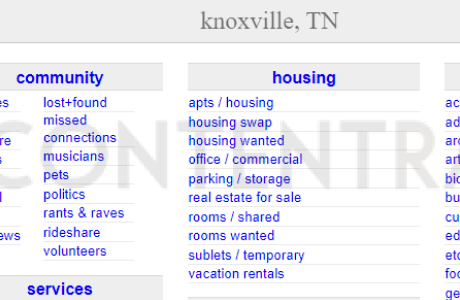In a world where businesses can rise and fall in a single day, it’s important that your company offers your current and potential staff something that sets you apart from others in the industry. Not only does your company become more attractive to hard-working talent, but you can better retain employees who you have spent time and resource training. This is particularly important when you have hired account managers who are often the sole point of contact for your contracted customers or regular clients, you don’t want to have a revolving door of contacts as this can reflect poorly on the company as a whole.
Catering to Staff Needs:
While salary is a large part of keeping employees happy, without sufficient managerial training, dedicated employee support or a good working environment, you’ll find your employee turnover isn’t as low as you should be aiming for.
To ensure your staff are comfortable while at work, they should at the very minimum have unrestricted access to the bathroom and freely able to quench their thirst with water. Additionally, you can offer facilities for tea and coffee, which the majority of workers drink, although if you find time spent making drinks or in the kitchen increases to non-productive levels, consider introducing tea breaks or reducing tea and coffee to a handful of rounds a day.
Some offices offer their employees a mixture of healthy or unhealthy snacks or offer breakfast foods so staff can get into the office a bit earlier and settle at their desk before the day officially begins. The more you offer in the way of refreshments, the less your staff will need to leave the premises for lunch or tea breaks, this prevents employees from getting caught up in lunchtime traffic around cities and towns or busy industrial areas and sees productivity rise as staff feel less rushed to have their lunch and get back to work.
Providing Quality Break Out Areas:
If your company premises have space for a breakout area, it should be a nice area that staff wants to be, rather than somewhere they want to avoid. Add comfortable chairs, rather than cold, hard, fast food benches, fun colours or decoration that is aesthetically pleasing such as your company rewards and images of the company workforce.
You can also provide a means of entertainment, whether this is a pool table, air hockey table or a games system. Something that not only gives your staff something to do while on their break but gives them the opportunity to socialise with each other in a less rigid environment.
Talk to your existing staff about what they’d like to have available to them in a breakout area, take suggestions and possibly organise a fundraiser between the staff if their favourable and unanimous asks go above the company budget.
Offer Bonuses and Rewards:
In addition to a competitive salary, employees like to see rewards and/or bonuses for hitting goals and targets or when they have been working particularly hard for a specific client or to meet an impending deadline. While in the past, bonuses were typically monetary, there are alternative options for rewarding staff without having to cut an increased cheque. Where time and resource are available, consider gifting staff an extra paid day of annual leave or a more flexible working schedule to improve their work-life balance.
You can also offer vouchers, meals out and experiences for your employees, although not everyone will appreciate these types of rewards so talk to your employees personally about setting up a reward or bonus scheme in your company. Together you can come up with some suitable personal rewards or general bonuses that can be given out and gratefully received by any hard-working individual. Spend some time looking for inspiration from bonus scheme examples with your staff and encourage them to set goals together as a team.
Competitive Salary:
The unfavourable topic, everyone wants more of it, some people may be eligible while others don’t meet the minimum requirements but sometimes companies can find themselves struggling to meet demands and keep all their staff happy.
If you are concerned the salaries you are offering are not competitive enough for the industry, considering investing in a salary survey. This is a survey carried out by a dedicated pay review company that returns salaries currently being paid by unnamed competitors in the surrounding and expanded industry based on the employee’s job responsibilities.
This allows you to compare like for like and check that your employees are being paid both competitively and fairly for the cost of living in your area and help you make informed remuneration decisions.
Talk to your staff about what they feel is lacking in their work environment and work together to ensure needs and reasonable wants are catered to, this will show your staff you care and are loyal to their requirements as individuals. Don’t forget, a happy workforce is a productive one!
Read Also:






















